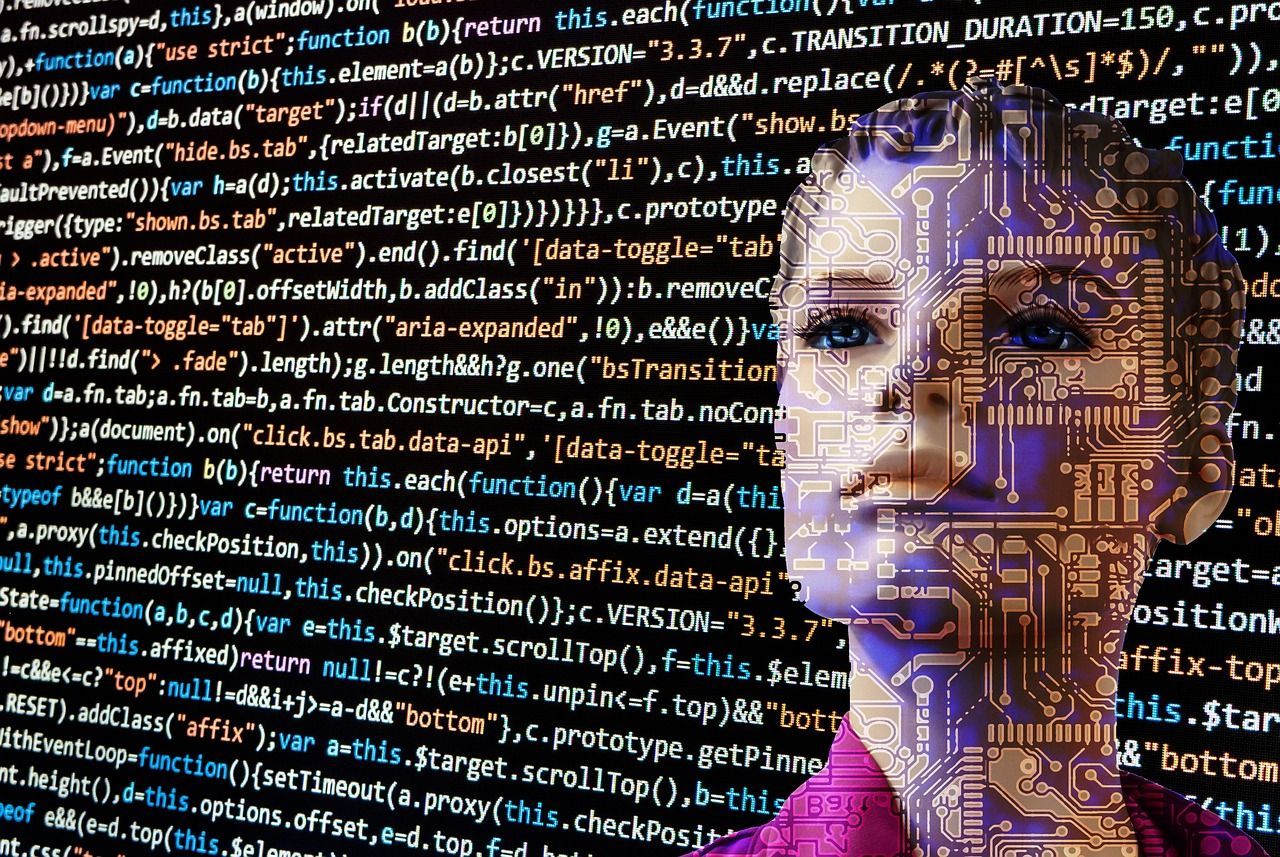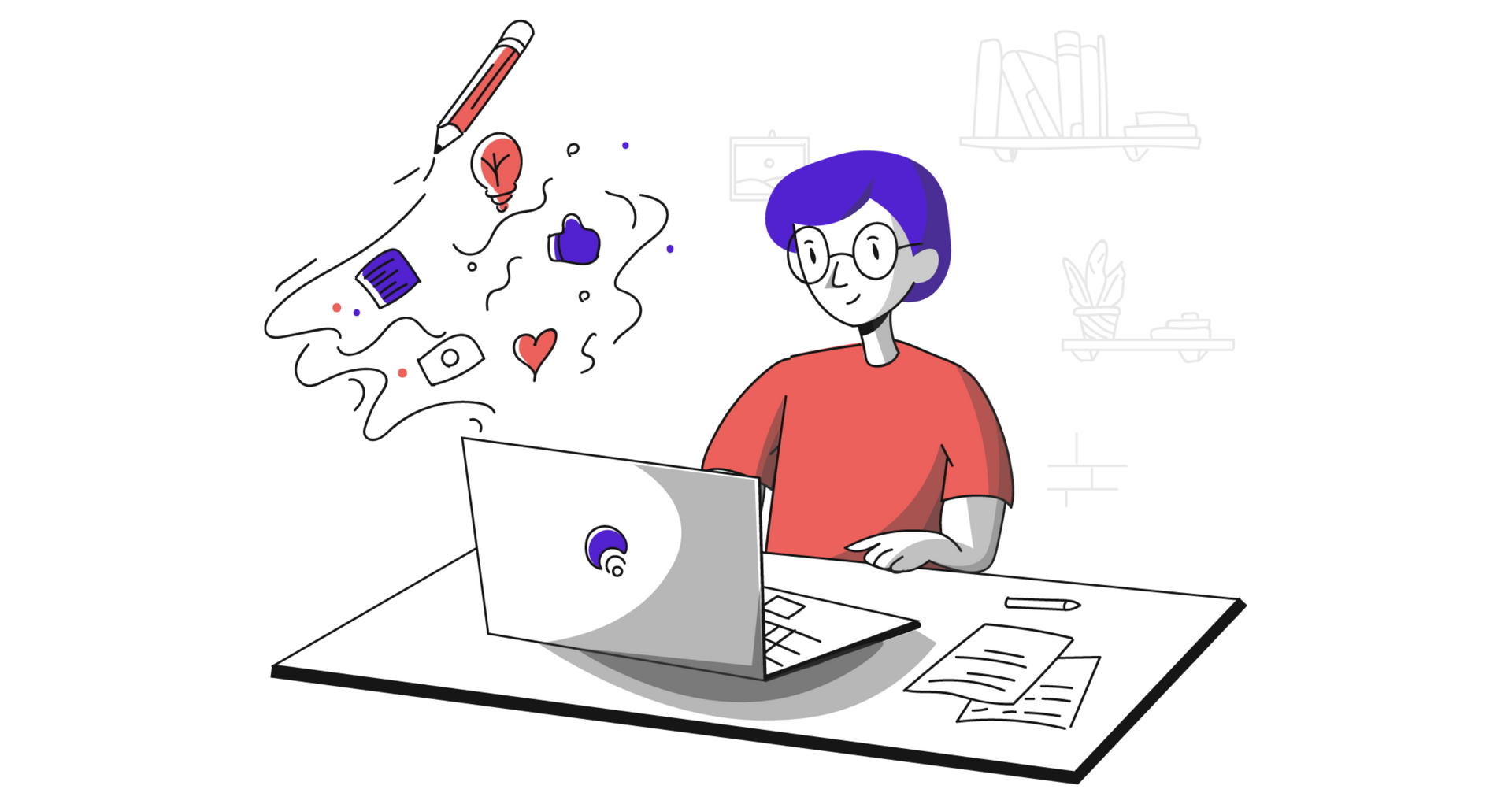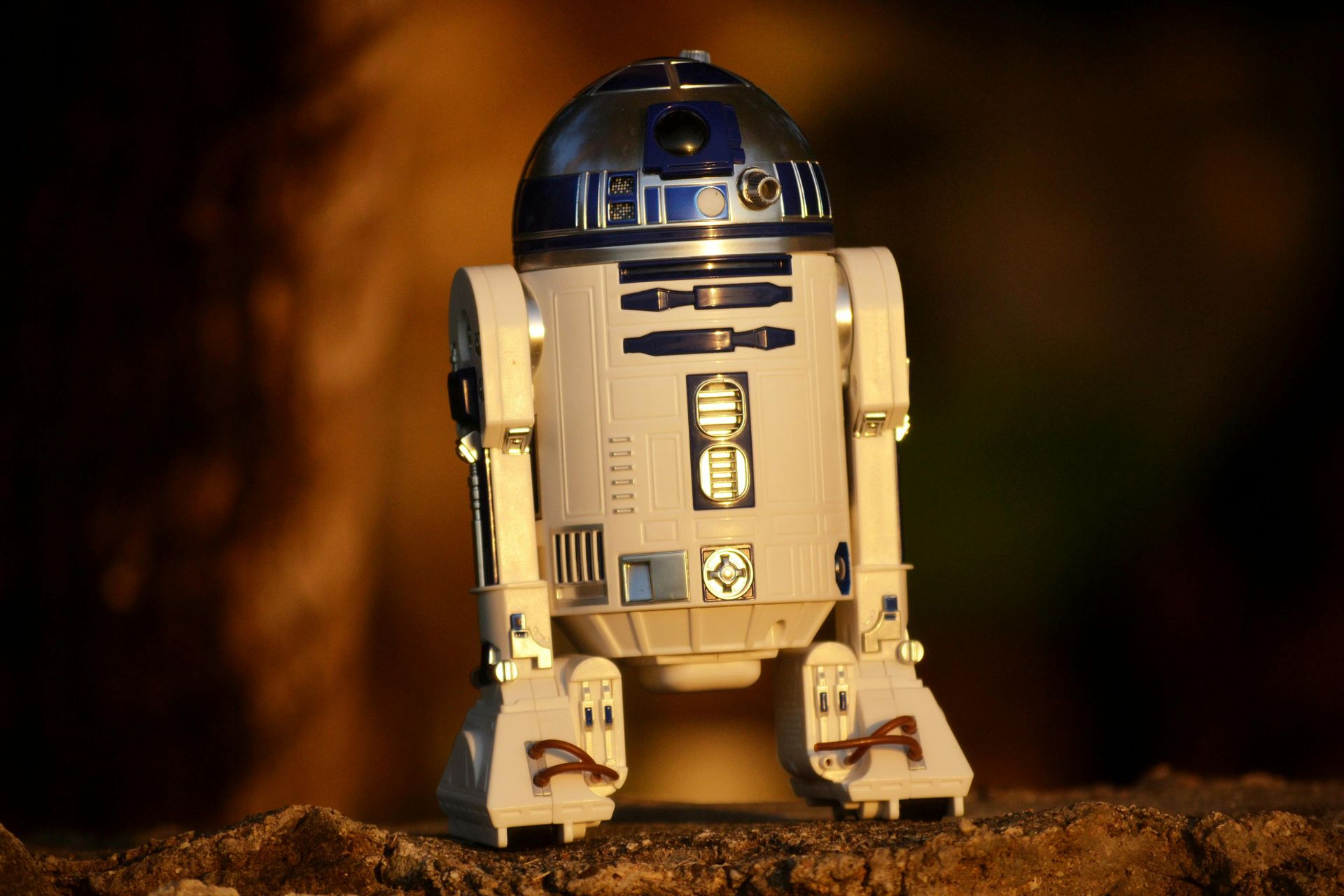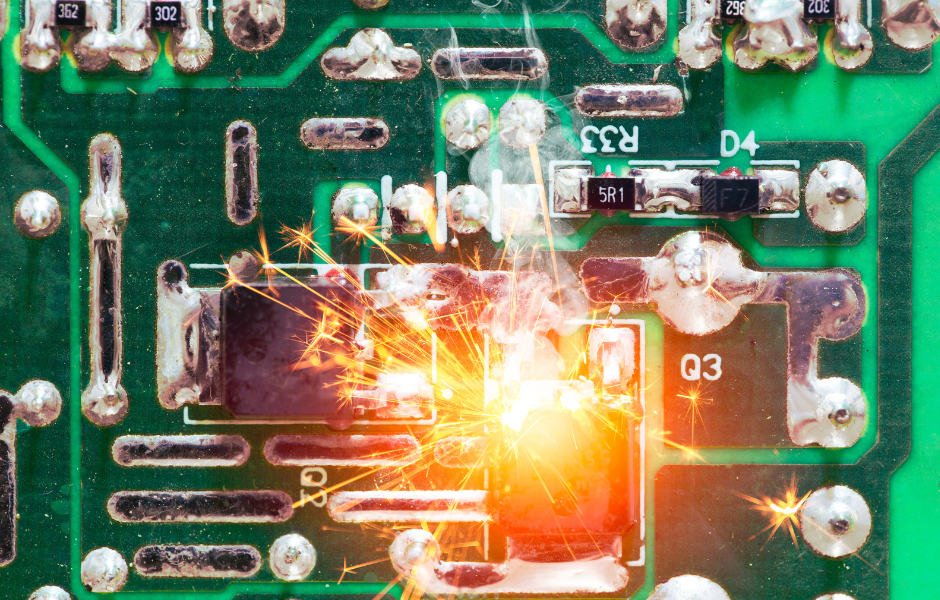
In recent years, artificial intelligence (AI) has made significant advancements in various fields, including natural language processing. With the emergence of AI text creators, there is a growing concern about the future of authors and writers. Will AI technology replace human creativity and storytelling? This blog post explores the potential impact of AI text creators on the role of authors and writers in the future.
The Rise of AI Text Creators
AI text creators, powered by sophisticated algorithms, have gained popularity in content generation. These systems can analyse vast amounts of data, learn patterns, and generate human-like text. They can produce articles, blog posts, and even novels with minimal human intervention. The efficiency and speed of AI text creators have attracted many industries, including journalism and marketing.
The Threat to Human Authors and Writers
As AI text creators become more advanced, some argue that human authors and writers may face a threat to their livelihoods. AI-generated content can be produced at a fraction of the time and cost compared to human-written content. This efficiency may lead to a decrease in demand for human writers, especially in industries where speed and cost-effectiveness are prioritised.
The Limitations of AI Text Creators
While AI text creators have shown impressive capabilities, they still have limitations. AI lacks human emotions, experiences, and creativity. It cannot replicate the depth and complexity of human storytelling. AI-generated content often lacks the authenticity and personal touch that human authors bring to their work. Readers often value the unique perspectives and insights that only human writers can provide.
The Coexistence of AI and Human Authors
Instead of replacing human authors and writers, AI text creators can be seen as tools to enhance their work. AI can assist in research, fact-checking, and generating initial drafts. Human authors can then add their creativity, emotions, and unique voice to refine and personalise the content. The collaboration between AI and human authors may result in more efficient and high-quality writing.
The Evolution of Authorship
The emergence of AI text creators may redefine the concept of authorship. In the future, authors may work alongside AI systems, acknowledging their contributions to the creative process. The focus may shift from solely attributing authorship to individuals to recognising the collaborative efforts between humans and AI. This evolution can lead to new forms of storytelling and innovative literary works.
The Importance of Human Connection
While AI text creators can generate content, they cannot replace the human connection that authors and writers establish with their readers. The emotional impact of a well-crafted story or a thought-provoking article is deeply rooted in human experiences. Authors and writers have the ability to empathize, inspire, and engage readers on a personal level, which AI cannot replicate.
Conclusion
AI text creators are undoubtedly transforming the landscape of content creation. However, the future of authors and writers remains secure. Human creativity, emotions, and the ability to connect with readers on a personal level are irreplaceable. Instead of fearing AI, authors and writers can embrace it as a tool to enhance their work. The coexistence of AI and human authors may lead to a new era of storytelling and literary innovation.
More Posts
Share this Post






